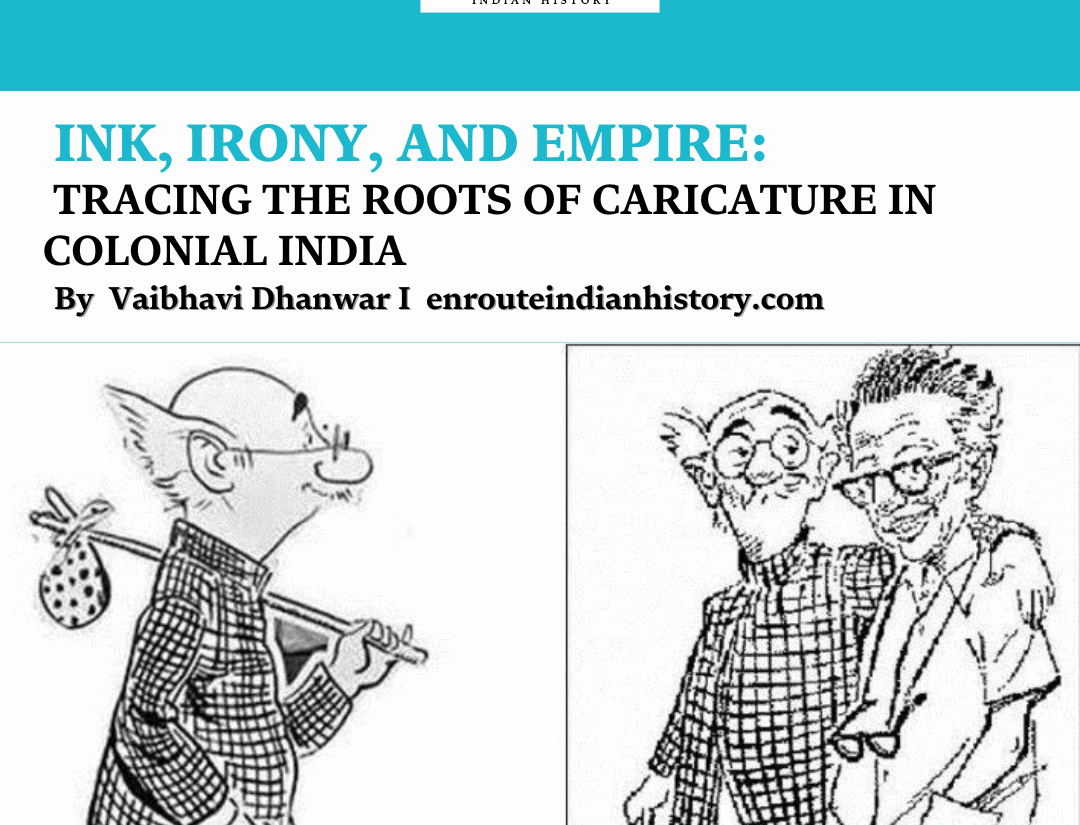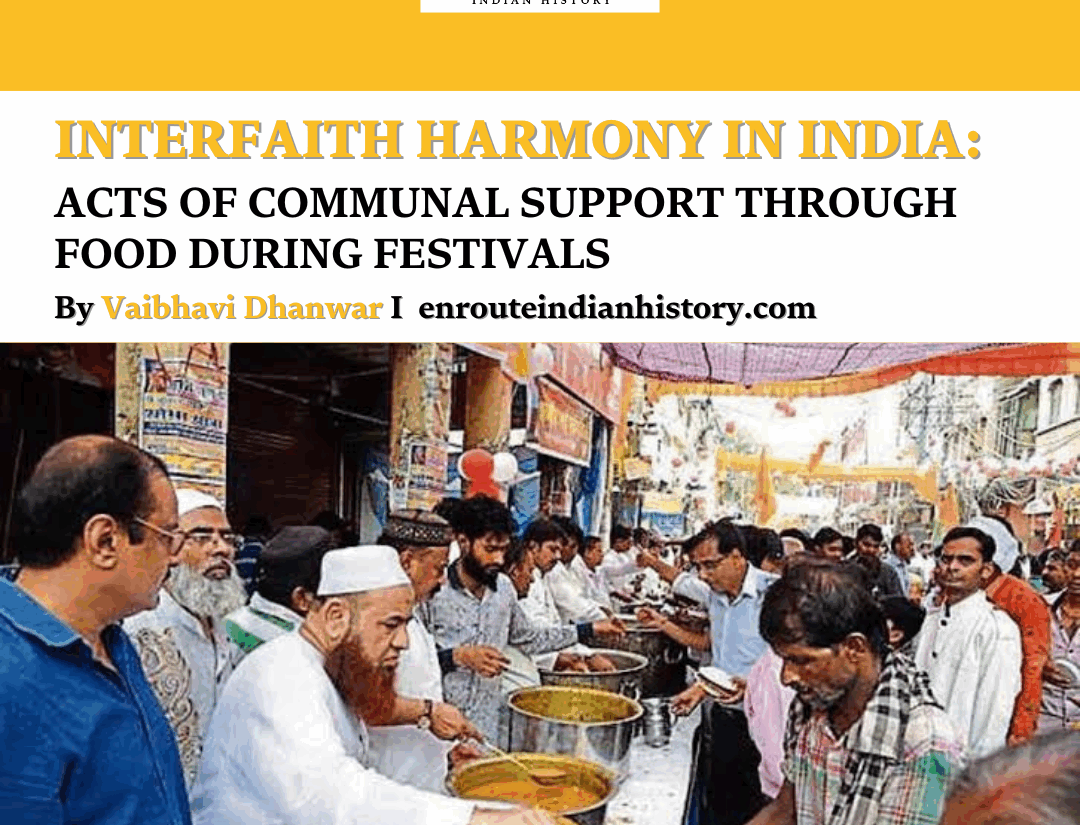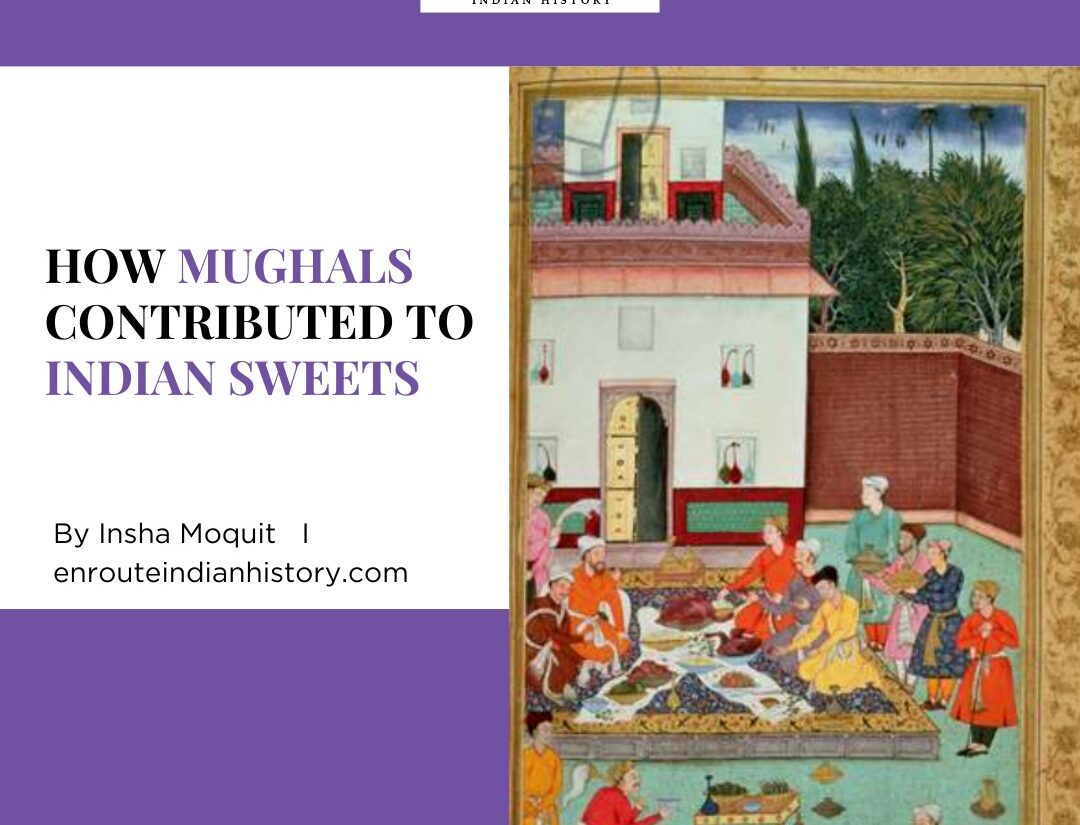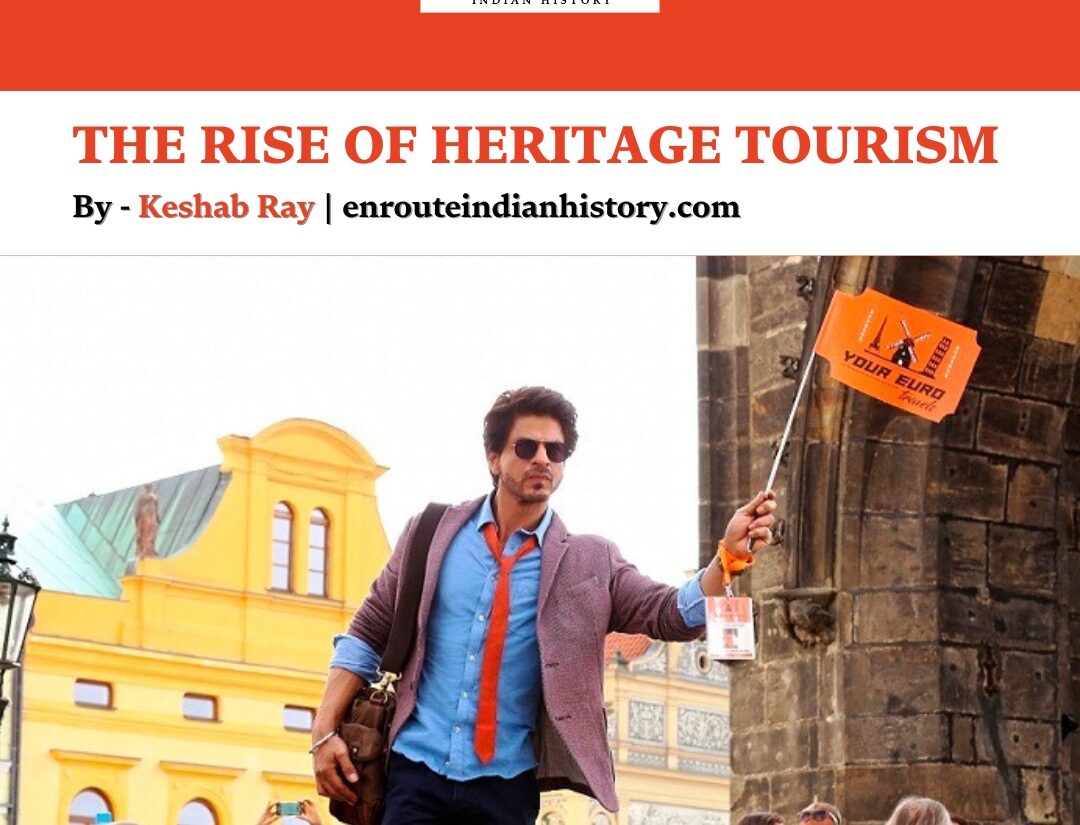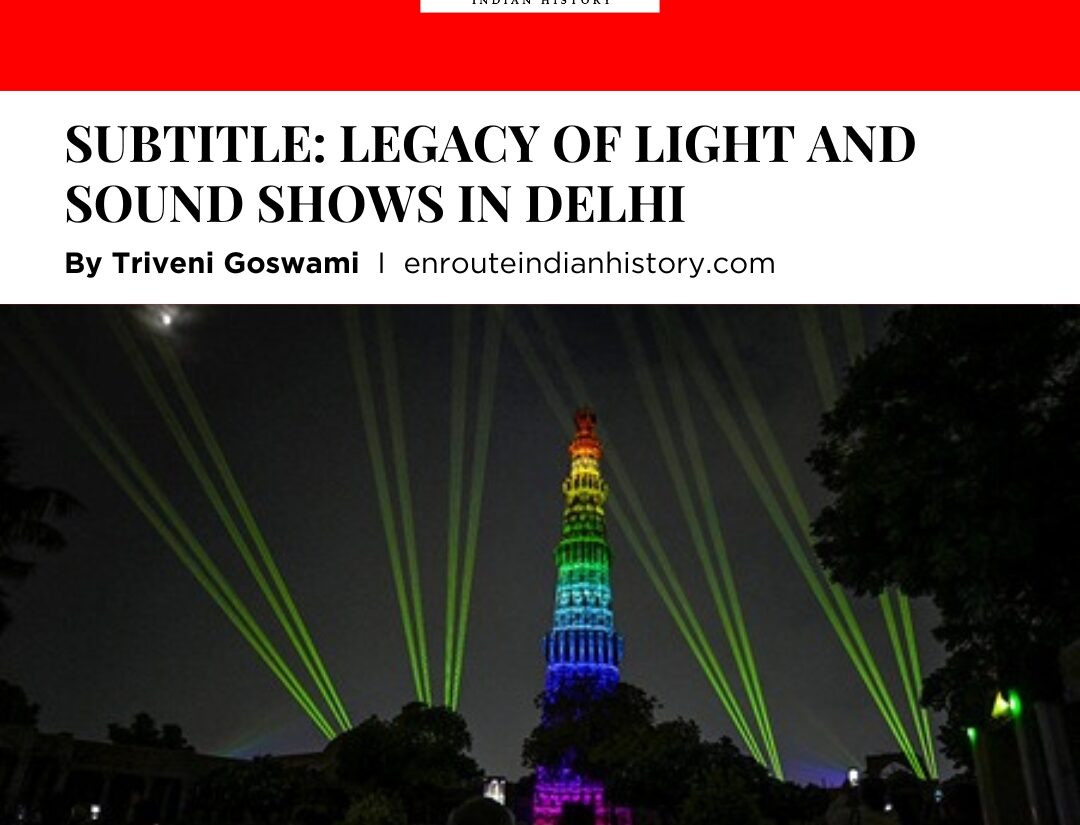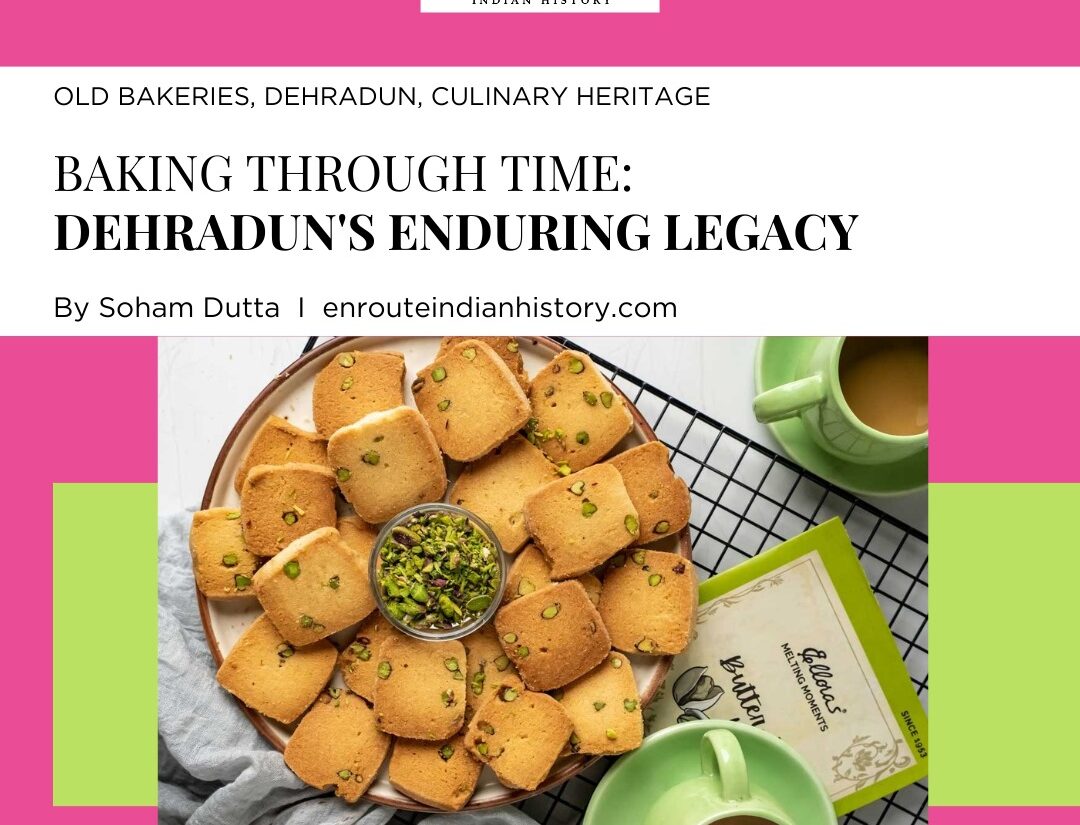
Have you ever wondered what picture comes to mind when you hear the word “Dehradun”? Dehradun is known for esteemed educational institutions like the Forest Research Institute and the Indian Military Academy. Additionally, it is renowned for its Basmati rice and Litchi varieties. Imagine yourself at sunrise strolling through Central Dehradun and discovering something different. Baking aromas, including those of the world-renowned Dehradun Rusks, bread, and buns, fill the air. The mouth-watering scent of just-baked pastries permeates every corner. The baking process starts at 5 in the morning and continues until noon. You can find both long-standing and more recent bakeries all over town. Still, the cherished baking tradition of Dehradun—started by Europeans—is hard to fathom without it. The legacy of baking in Dehradun continues with multiple generations of bakers passionately carrying on the tradition to this day. The hill towns’ bakeries make an amazing array of delectable cookies, rusks, cakes, buns, pastries, and tarts, but the origin story of baking in this picturesque region is just as interesting.
Colonial Beginnings: From Colonel Young to Wenger’s

(Image 1- An oil-painting by L. Reynolds Gwatkin, 1839 ;

Image 2-Young’s home in Dehra Dun ; via Wikimedia)
After the Anglo-Gorkha War ended in 1814–15, the Dehradun valley became famous for its baking after falling under the control of the British Raj and the East India Company.
Although an English enterprise, the East India Company also enlisted a significant number of Irish and Scots at lower administrative levels, contributing to a diverse workforce. Enjoying the Doon’s bounty—many of which were reminiscent of their home villages and dales—these loosely British elements also brought their strong baking tradition with them. What is now known as the Rajpur Road was probably the site of the first romantic gestures towards baking in the 19th century, when Doon was just a collection of bungalows in a forested parkland that stretched across the valley. Captain (later Colonel) Fredrick Young, the Doon-wala, deserves all the glory for this. With the approval of the East India Company’s directors, this Donegal Irishman established Doon as his borough. The directors saw him as crucial to the development of the East India Company’s newly acquired Garhwal region. When Young assumed de facto control of Doon in 1815, the Irish love affair with soda bread was still a few years away. However, some treats sent aromatic smoke up the chimney of his bakehouse and mixed with the mountain air. Many guests would have been entertained with baked goods at Young Sahib’s bungalow on March 17th, St. Patrick’s Day. Scottish and Irish regiments that frequently visited the valley continued Young’s work and, in their ways, shaped the culinary preferences of the Doon’s native inhabitants. Historian Pradeep Singh noticed a remarkable resemblance between the butter pista biscuits from Doon’s Ellora Bakers and the shortbread from Aviemore bakeries, highlighting the historical link between Dehradun’s baking and Scottish influences.

(Rajpur Road in early 20th Century, via Garhwal Post)
A strong connection between Rajpur Road and baking continues to this day, nearly a century after Young departed Dehradun in 1842. However, another culinary legend, the Wengers, provided some of the spark and motivation for the bakers on Rajpur Road. Jeanne Sterchi Wenger and HC Wenger left their successful Connaught Place outlet and handed it over to the Tandons after entertaining the powerful, including British viceroys, generals, diplomats, and Indian royalty, from 1924 to 1944. Jeanne Wenger became yet another chapter in the history of Doon’s baking—albeit indirectly by becoming an inspiration to others—when she relocated to Dehradun and resided in a bungalow on upper Rajpur Road.
Carrying on the Legacy: Dry Cakes, Butter Cookies, Rusk’s and Kwal Jaw Sticks
Since a few families arrived in the valley after Partition and set up their ovens to bake bread and cakes, baking has identified Dehradun as eloquently as basmati rice or litchis, the Indian Military Academy, or the Forest Research Institute. While the cultivation of basmati and litchi has significantly declined, the baking industry has remained robust, showcasing its resilience amidst shifting agricultural trends. All bakers in Doon believe that the unique flavour of the yeast-based products (rusks, breads, and buns) baked here is the result of the limestone content in the valley’s water mingling with the smoke of “bhattis“. This unique combination of ingredients and techniques has resulted in a distinct baking culture in Dehradun that is still thriving. The aroma of freshly baked goods wafting through the streets reflects the city’s rich baking tradition. There are over 200 bakeries in the valley. They all have their unique strengths and loyal clientele. “Doonites” flock to the bakeries on Rajpur Road on their days off, devouring sweets to their heart’s content before stocking up on their favorites for the week. Sunrise, Ellora, Kwality’s, and Grand Baker’s are among the few that have made a name for themselves in Dehradun and beyond, serving customers from all over India and beyond.

(Grand Baker’s biscuits are a brand of it’s own in all over Dehradun, via Restaurant Guru, 2017)
Mr. Sohan Lal Wasan, who lost all of his land, properties, and ownership in the partition and was forced to live in India, founded Grand Baker’s, the first of these, in 1953. Being the eldest of fifteen siblings, he felt an immense weight of responsibility and duty toward them. It was then that he decided to spend a couple of years in the kitchen of the Indian Military Academy. But his little earnings were making it hard for him to support his family. When that happened, he and his brother opened the store. With a menu that included dry cakes, biscuits, and shortbread pastries, his bakery swiftly became the talk of the town. The bakery has been renamed “The Taste of Heritage” by Mr. Surender Wasan and Mr. Kartik Wasan, who are now managing it.
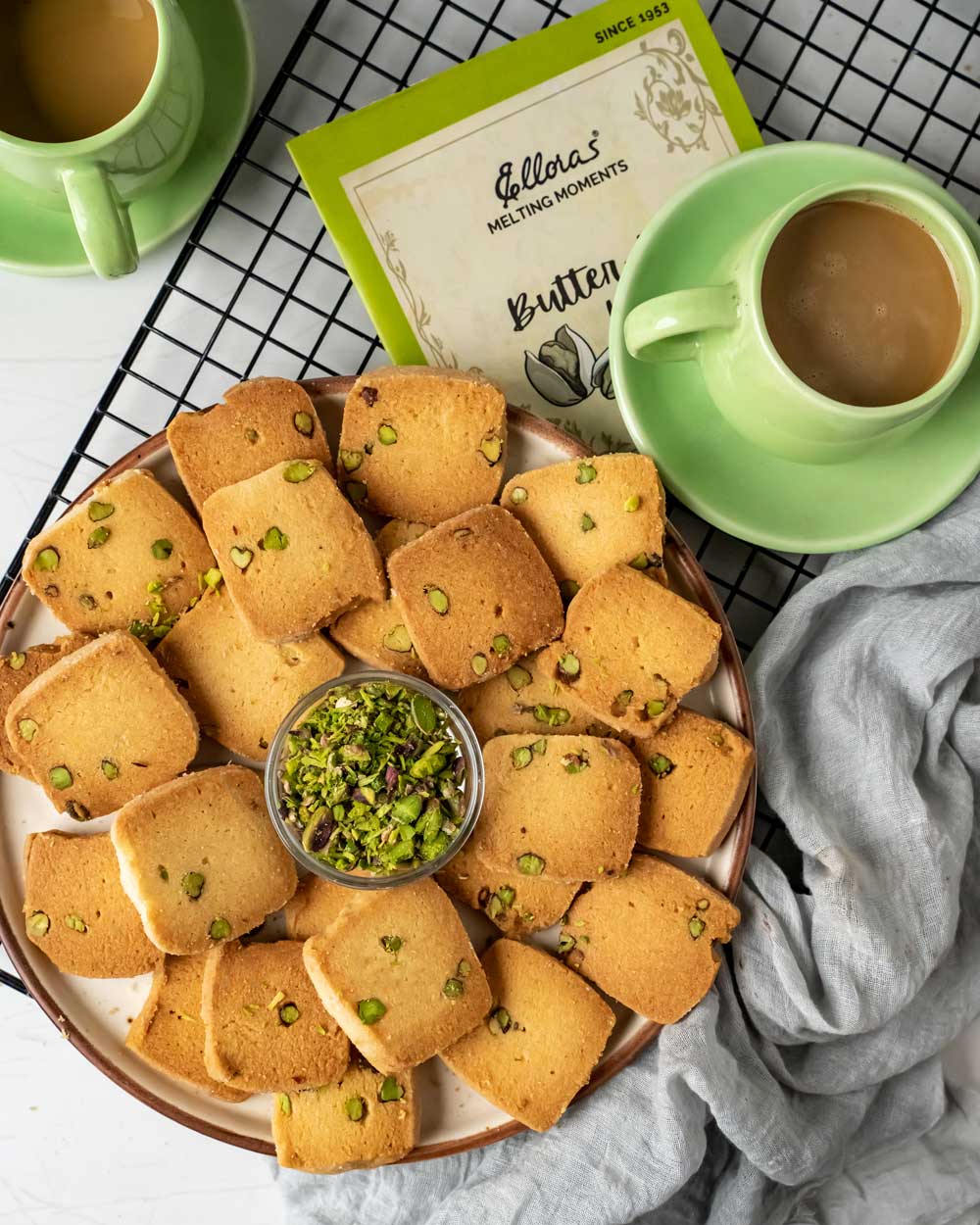
(Famous Butter Pista Cookies of “Ellora’ Melting Moment”, via Ellora’s.com,2023)
The same year, 1953, another bakery opened its doors, forever changing the culinary landscape of Dehradun. The Dehradun bakery industry has recognized “Elloras’ Melting Moments,” founded by the esteemed ex-armyman Shri Krishan Lal Gulati. For the residents of Dehradun, “Elloras’ Melting Moments” is more than just a bakery—it’s an experience. Successor to him was Mr. Virendra Gulati, a graduate of IHM Pusa Delhi. ‘Elloras’ Melting Moments,’ a treasured possession of Dehradun for the past seven decades, has been famous across India for its magnificence. On the way from Dehradun to the Doon Valley, tourists and travelers often stop to buy local delicacies like plum cakes, biscuits, rusks, and the famous stick jaws. Mr. Virendra Gulati has carried on his father’s work at ‘Elloras’ Melting Moments,’ ensuring that the product continues to meet or exceed expectations. Locals and tourists alike flock to the bakery every time they’re in the mood for some tasty treats and friendly service.

(Ellora’s is currently the top-notch bakery brand in all of Dehradun,Image by Soham Dutta, November 2023)

(Sunrise Bakers in Paltan Bazaar, Dehradun via Yourstory,2022)
Another story unfolds in Ghoosi Gali, a narrow alleyway nestled in the heart of the bustling Paltan Bazaar. After Partition, Harnam Singh, like many others from Western Punjab, decided to start a bakery in Dehradun in 1956 because of the city’s high demand for baked goods. He started by hand-mixing biscuits because machines weren’t yet available. There was less direct consumer consumption and most buyers were small confectionary owners in those days. Eventually, it made a name for itself, and its rusk became its most well-known product; word got out, and customers even came from other nations to buy it. They set up a manufacturing unit in the early 2000s in reaction to excessive demand, which allowed them to expand their business. Even with high demand often unmet, The essence of their business lies in meticulously handcrafting their products. Even today, many of the bakery’s items are mixed by hand before being manufactured by machines. Sunrise Bakers is a family business that has survived entirely on bootstrapping, so even though third-generation owners have gone in different directions, they are still connected to the legacy of their grandparents. After their fathers, Jolly and Harmeet Singh passed in 2021, Rishika, Ashna, and Arpit—the third generation of this family—came together and carried on their grandfather’s work. In October 2021, Sunrise Bakers opened a second location in Dehradun’s Krishna Nagar neighborhood, targeting a younger demographic that isn’t accustomed to the crowds at Paltan Bazaar. This allowed Sunrise Bakers to change its ways to meet the demands of modern customers.

(Second-generation and third-generation entrepreneurs of Sunrise Bakers left and right respectively,image via Yourstory,2022)

(Sunrise Baker’s new outlet,via Yourstory,2022)

(Sunrise’s raison d’etre- Rusk’s and Milk Toast’s,via Sunrise bakers,2021)
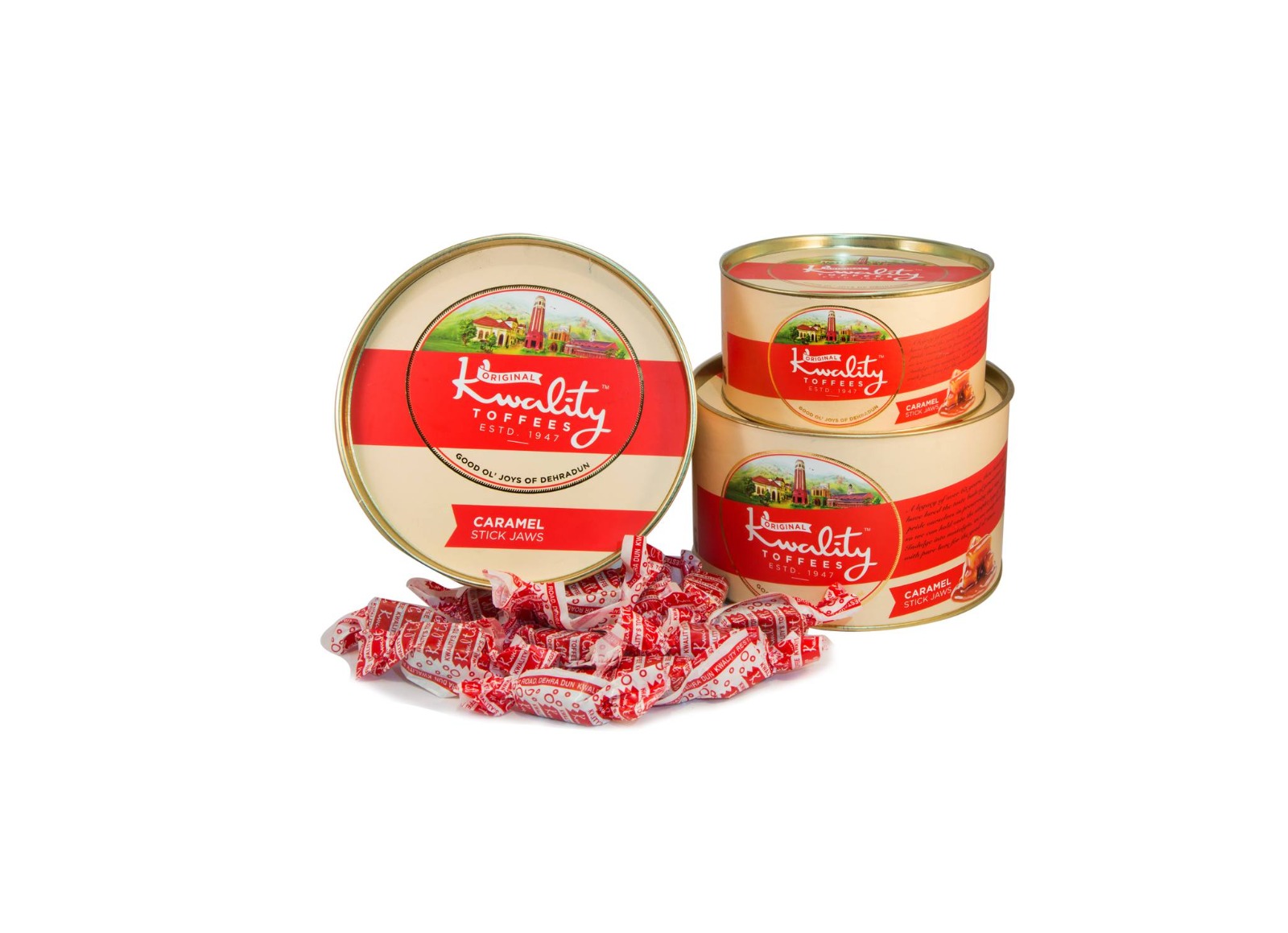
(Good Ol’ Joys of Dehradun-Kwality Toffees,via Kwality Toffess,2022)
Even though it is not technically a bakery, Dehradun’s culinary history would be lacking without mentioning the name of another establishment. Famous for their caramel jaw stick toffees, this is the “Kwality’s” brand. Jaw Sticks, a sort of toffee that Mr. B.K. Ghai popularized shortly after independence, are the inspiration for its unique flavor. The addictive chewiness and fudgy sweetness of these treats have enchanted people of all ages for a long time. The Kwality Toffees, or “Kwal Toffs,” are a must-have for any tourist in Dehradun. A magical confection that many people adore, Kwality’s first offered this enchanted treat in 1947. It was a balanced mixture of liquid glucose, milk, and “sugar essence,” produced in copper containers. Many schools in Doon and Mussoorie, as well as the IMA, began placing orders after hearing how happy the tuck buyers’ children were. Right away, guests could tell that the “quality” was stellar. Although the current owners have transferred ownership of the restaurant Kwality to Punjab Jewellers, a well-known jeweler in Dehradun, they have faithfully maintained the original structure and the Kwality Hotel.

(Image 1- Pre-packaging of Jaw Sticks via Kwality Toffees,2021;
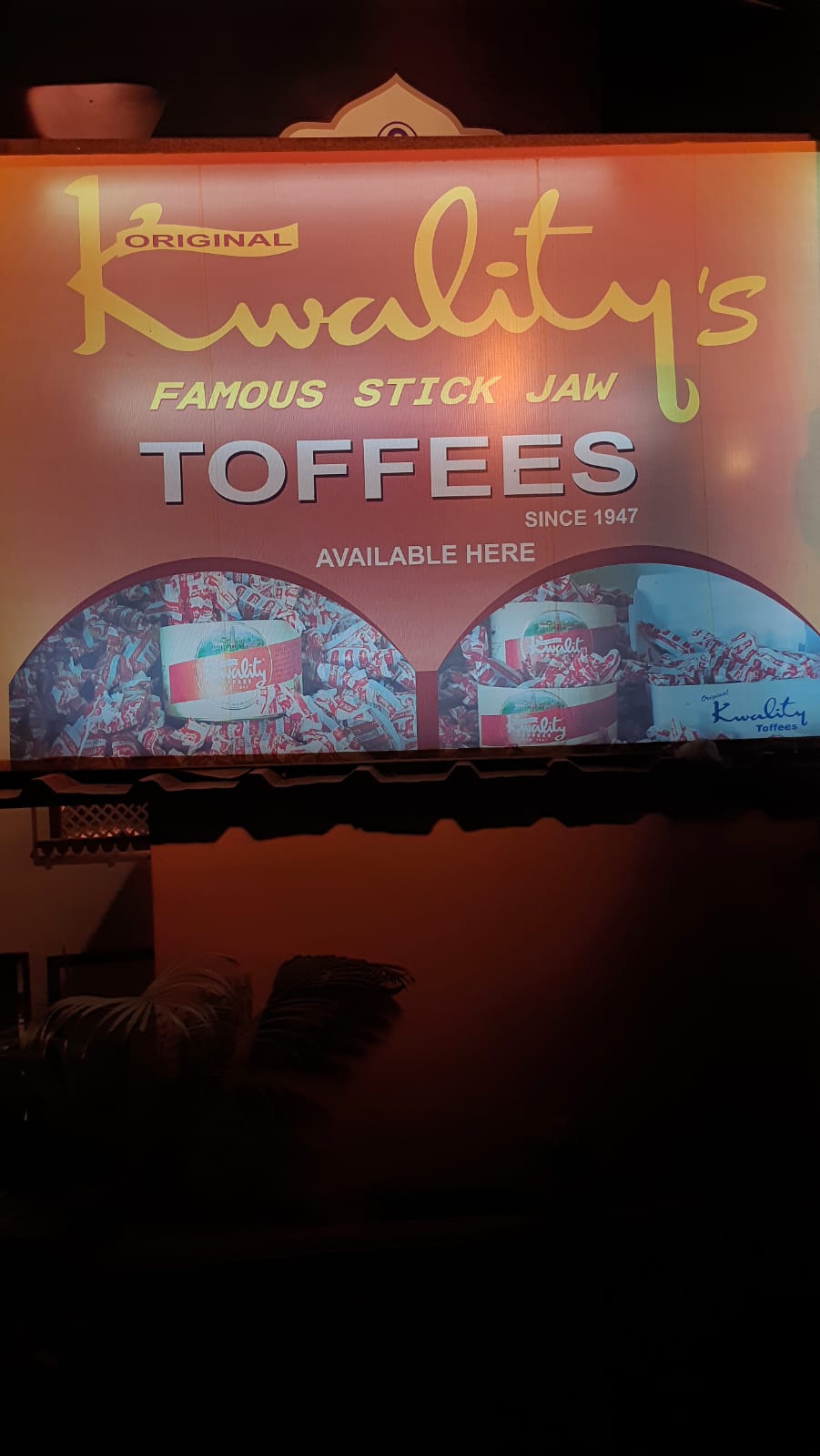
Image 2- Kwality Hotel where outlet of Kwality Toffees is located by Soham Dutta, February 2023).
The art of baking, which is fundamental to Dehradun, is being preserved by these bakeries, which are still relevant because they are a part of every Doonite’s childhood. Furthermore, family-run bakeries serve as a testament to the strength and unity of these families who overcame enormous challenges by sticking together. At a time when Dehradun is losing its charm owing to fast unplanned urbanization, deforestation, and an influx of numerous international food joints and cafes based in Delhi, these bakeries are preserving a piece of Raj era heritage through their cookies, rusks, and jawsticks, which evokes a sense of nostalgia. These bakeries also provide a sense of familiarity and comfort in a rapidly changing city, offering a taste of tradition and history in every bite. Their continued existence is a reminder of the importance of preserving local culture and heritage in the face of modernization.
References
1.Antaraa Chatterjee, and Antaraa Chatterjee. “A Bite of Nostalgia Dehradun’s Oldest Bakeries.” Outlook Traveller, 28 June 2023, www.outlooktraveller.com/explore/food-and-drink/3-of-the-oldest-bakeries-in-dehradun.
2.Agarwal, Palak. “How Family Unity Helped This Six-decade-old Bakery in Dehradun Recover After a Tragedy.” YourStory, yourstory.com/smbstory/dehradun-sunrise-bakers-family-business-entrepreneurs.
3.India, Tribune. “Tales From the Baker’s Oven.” Tribuneindia News Service, 10 Aug. 2018, www.tribuneindia.com/news/archive/features/tales-from-the-bakers-oven-631524.
4.Post, Garhwal. Garhwal Post. 21 Dec. 2021, garhwalpost.in/rajpur-road-dehraduns-bakers-street.
